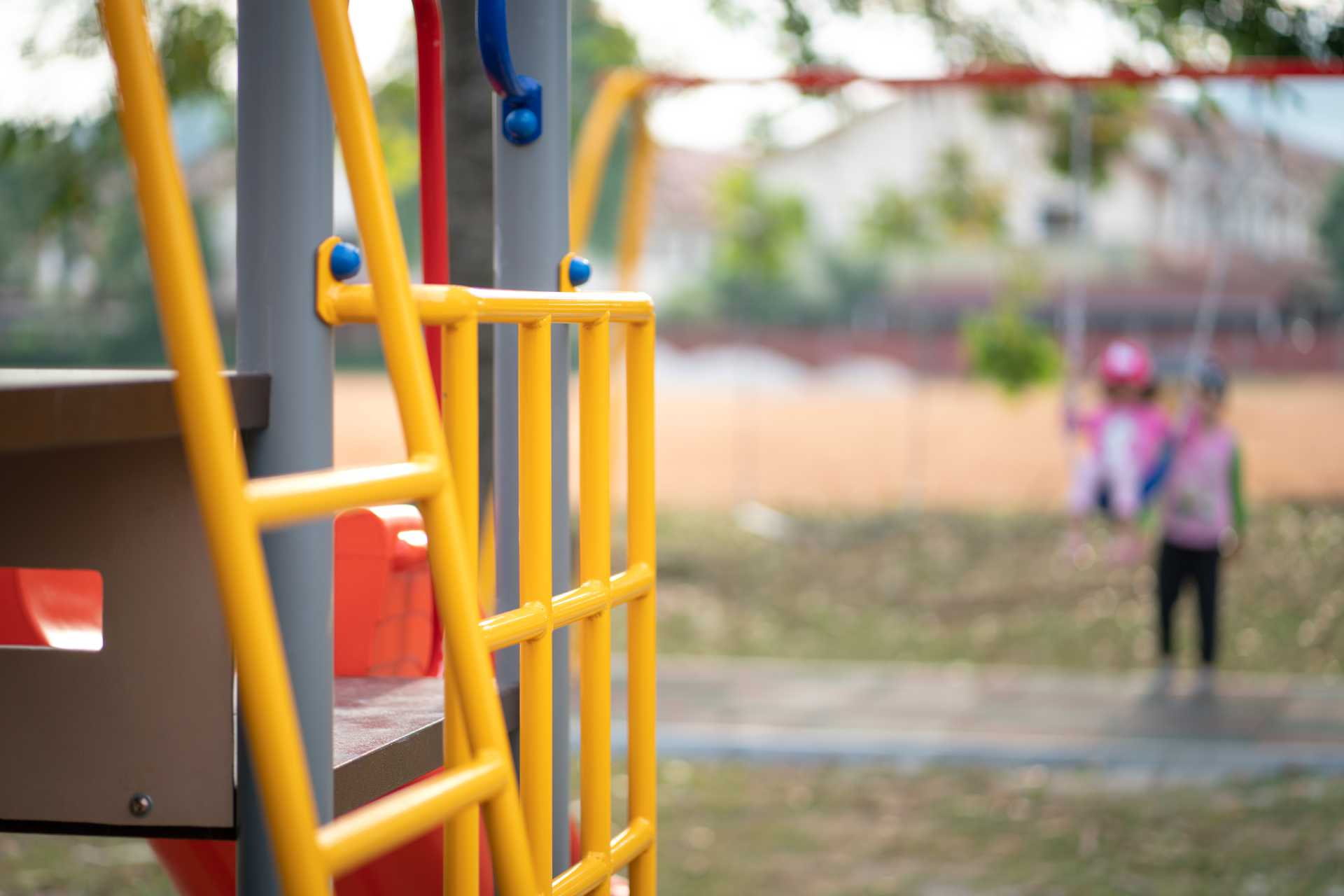For parents of neurodivergent children, their transition into primary school can be the most stressful milestone yet. “I’m worried about bullying and physical violence. If kids try to bully my son, he isn’t going to realise that they’re trying,” one parent of an autistic child says.
In the classroom, the worries continue. “He’s so great. But at what point will he comprehend that there’s all this hype? Gifted kids burn out in adulthood. What if he starts coasting? I would.”
It’s a sentiment shared by parents across the nation. Research shows New Zealand parents of autistic and neurodivergent students repeatedly report strong anxiety about their child’s transition to primary school. Concerns include social rejection and harm, a lack of support, whether their child will be misunderstood and whether schools can effectively manage the situation.
National-level research into school discipline shows autistic students are more likely to be stood down or suspended than non-autistic peers — a systemic indicator that neurodivergent children are at higher risk of negative school experiences.
“The change in teacher-to-student ratio makes me worry that he will be left behind,” the parent continues. She worries that, although teachers mean well, her child will be treated as a novelty. Early childhood education typically has a ratio of one teacher to five students, a statistic that increases to 30 students per teacher in primary school. “The teachers aren’t the problem, really. Bridging and transitional resources need to exist and be accessible.”
Practical supports make the transition smoother. Simple accommodations such as quiet corners in the classroom, front-row seating for those with auditory processing difficulties, and visual aids to supplement verbal instructions can all reduce stress and improve engagement. Creating pathways that allow families to share information before the first day of class, such as transition meetings, gradual entry programmes, or trial classroom visits, can also prove crucial.
Leveraging a child’s interests can also help focus attention and build confidence. Still, sometimes these supports are out of reach or difficult to establish or maintain, and not all students show signs of neurodivergence before primary school. Teachers’ time is already stretched thin, which could impact the experiences of children.
Bridging the gap
“Being the only autistic child, or the only child with ADHD in a classroom, can be incredibly isolating,” Autism NZ research and advocacy advisor Lee Patrick says. “Many neurodivergent children struggle to make themselves understood, and are frequently misunderstood or rejected by peers for reasons
they don’t understand, so connecting with other neurodivergent children can provide a way to socialise without putting in the same amount of effort, and without the constant risk of getting it wrong.”
In saying this, Lee notes that the accommodations of neurodivergent students shouldn’t be lumped together. For example, a child with ADHD who constantly makes noise should not be paired with an autistic child who is particularly sensitive to noise. “But in general, neurodivergent children do better when they have other children like them to connect with.”
She says that the teacher-parent relationship is essential. “Each side of the partnership has information about the child that the other doesn’t, and knowing the child well is the key to supporting them. Regular in-person check-ins are helpful, as are parents feeling comfortable with the child’s teacher and knowing that they can approach the teacher with any concerns.
“On the teacher’s side, being willing to try new ways of doing things (or taking the time to explain when a parent’s suggestion is impossible) will help. Generally, the more frequently parents and teachers can catch up and talk about what’s going well and what’s maybe not going so well for the child, the better.”
She emphasises to teachers the importance of connecting with whānau as early as possible and being open-minded, willing to listen, and try new ways of doing things in the classroom. “Often what helps a neurodivergent child ends up helping every child”.
Autism New Zealand and Parent to Parent provide practical guidance for families, while the Ministry of Education outlines pathways for learning support and school accommodations. For teachers, The Education Hub offers strategies and courses on neurodiversity, and programmes like the Neurodiversity in Education Project help implement inclusive practices.



